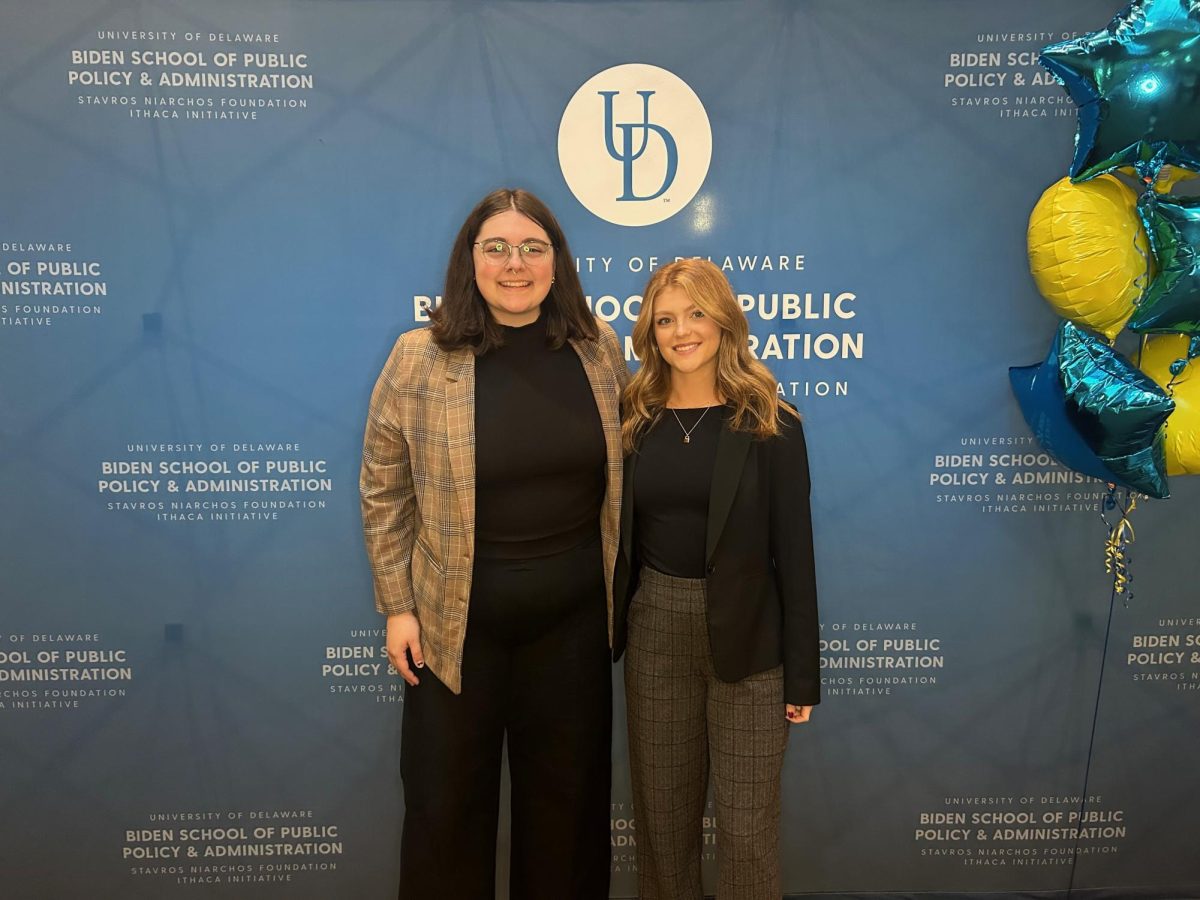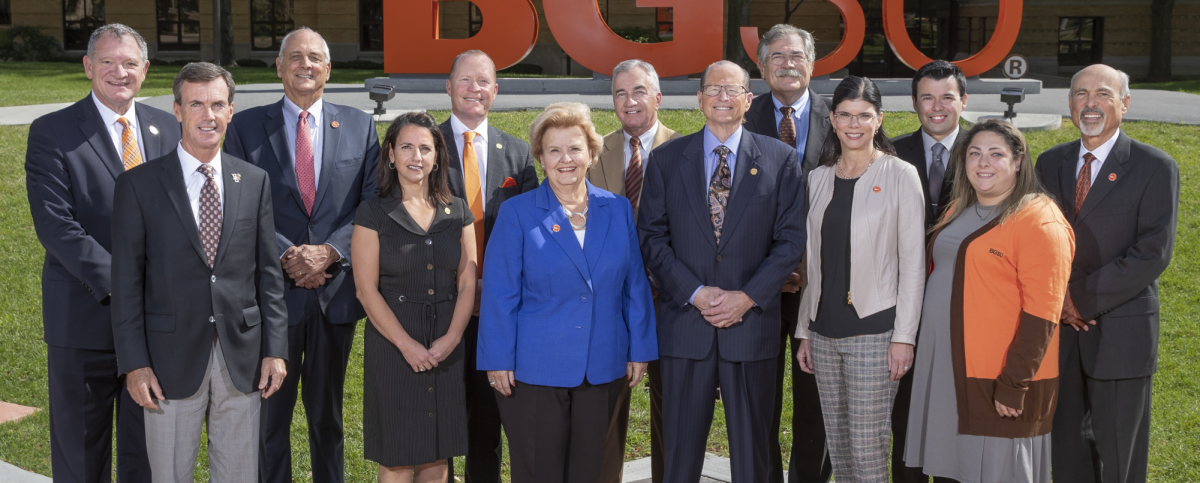Local Lesbian Gay Bi Transgender (LGBT) group, Equality BG, met Sunday to prepare once again to rally support for an anti-discrimination ordinance in the city.
After the ordinance was passed by City Council last August, those opposed to the legislation successfully petitioned to have it paused. The legislation will now appear on November’s ballot for a public vote.
Equality BG held their first organization meeting on Sunday, March 28 at Grounds For Thought coffee shop in downtown Bowling Green.
Rob Koob, president of the University’s LGBT group, Vision, said the meeting was a success. According to Koob, the meeting was spent strategizing how to spread information throughout the campus and the city about the issue and vote in November.
“We want one collective group branching out as a well-oiled machine,” Koob said.
As of now, the upcoming meetings will likely be bi-monthly and are not open to the public.
City Council member John Zanfardino, who helped get the ordinances on the council’s table last August, said the student body will likely be targeted by organizers.
“It will be interesting to see how word can be gotten out,” he said. “It wouldn’t be unusual for students to not know the ordinance existed.”
Vision plans to be involved in educating the campus community about the ordinance. Koob said the group will be working on spreading the word about the ordinance and registering voters before November.
“If students, even if one-fourth of students switch to voting in the area, maybe even one-sixth, or one-eighth, change their voter status to Wood County, this [ordinance] would pass with flying colors,” Koob said.
Koob said more of the student body is affected by the ordinance than they realize.
“You may not know someone who is LGBT, but you probably know someone who is a veteran or pregnant or disabled,” Koob said. “Even if you aren’t one of those things, you may know someone who is.”
According to Jane Rosser, Bowling Green resident and director of service learning at the University, the movement for the ordinance started from a grassroots collection of people who knew people directly affected by the lack of protection from discrimination currently in city legislation.
Rosser said many in the group knew a doctorate student who almost left the University after being denied housing by a major local landlord because he would be moving in with his partner.
“I think this is a huge piece of legislation for students, who are also very vulnerable,” Rosser said. “They’re younger, less experienced and may be nervous about coming to BG, especially if you’re a student of color, or LGBT, or perhaps a veteran.”
However, the legislation refers to more than three groups. It offers protection from 21 different categories of discrimination: race, color, religion, national origin, gender, gender expression, gender identity, sex, pregnancy, age, sexual orientation, creed, ancestry, disability, military status, veteran status, marital status, family status, physical characteristics, HIV-status and genetic information.
Despite the variety of groups included in the legislation, Zanfardino said opposition concentrated on one of them. According to Zanfardino, at the council’s meeting on Aug. 17, when the final ordinance vote took place, most of the spoken opposition concerned the LGBT community.
“Equality BG was very aware it would all boil down to people with different sexual orientations,” Zanfardino said. “Most of the opposition did seem to have religious factors to their opposition. There was a real religious rejection of people of different orientation.”
The day of the vote was former city council member and University student Jacob Redfern’s first day on the job. He said he remembers hearing opposition to the ordinance that the legislation would raise the cost of doing business because of a rise in litigation against landlords and employers. However, Redfern said the arguments lost their weight when the same person claimed the ordinance was unnecessary, citing Toledo’s similar legislation that had only produced one formal discrimination complaint.
“How will it increase the cost if no one is taking advantage of it in other cities?” Redfern said.
Rosser said she supports the opposition’s rights to a further debate on the issue, but sees holes in their arguments. She said sometimes complaints go unfiled because the system currently has a very complicated process in place.
“This is important for BG as a community and as a college town to update its statements and laws to be very inclusive and to make it much easier for someone who had an issue to raise that issue,” Rosser said.
According to Rosser, there have been issues in the community dealing with employment discrimination. Some of them have been settled in court, but others were never raised.
“People don’t think you can lose a job, but you can,” she said. “We’ve had teachers that have lost their teaching jobs.”
But Rosser said reducing the ignorance in the community was just one mission of the organizing the meeting.
“To me, it’s hard to know why you would object to human rights,” she said. “[The ordinances] aren’t about special rights for anyone. It’s about everyone being treated fairly.”
Rosser encourages anyone interested in getting involved to contact Equality BG at [email protected].













